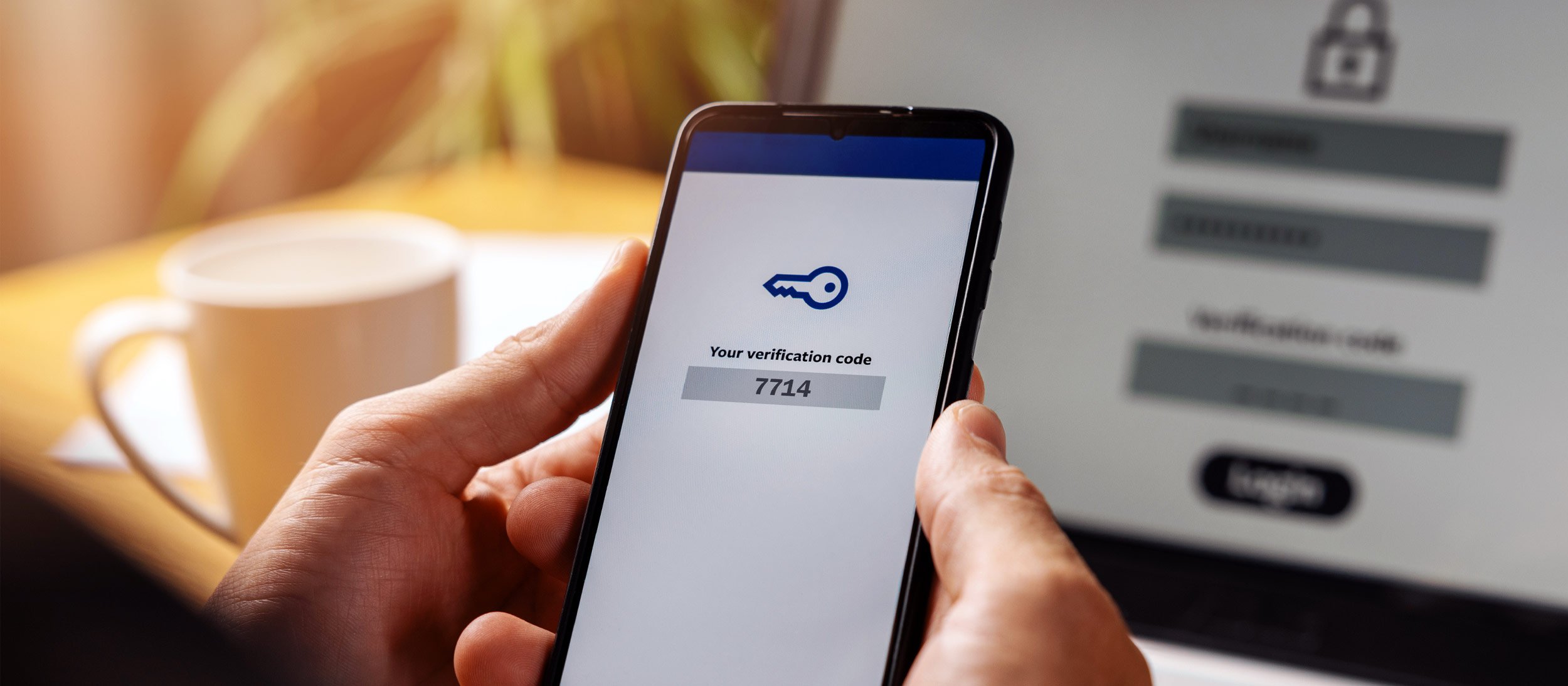Claim Center
We're in the business of helping people, providing prompt and personal claims service when you need us the most.
Call 877-242-2544 anytime, day or night, to report claims. You may also contact your independent agent to report a claim.
- Personal & Business ClaimsLearn More
- Life ClaimsLearn More
- Workers' Compensation ClaimsLearn More
Plan & Protect
Reduce risks and enjoy peace of mind with these tips and insights to protect what matters most.
Improving Security Beyond Strong Passwords

Passwords are no longer enough to prevent cyber-attacks.
While strong passwords have been the cornerstone of digital security for years, the increasing sophistication of cyberthreats means that passwords alone are no longer strong enough. Data breaches and password leaks are all too common, and many users still fall into the trap of reusing weak passwords across multiple accounts. To address these vulnerabilities, security experts recommend additional methods of authentication that provide stronger and more reliable protection.
Multi-Factor Authentication: A Layered Approach
One of the most effective ways to bolster security is through multi-factor authentication (MFA). MFA requires users to verify their identity using two or more different types of credentials:
- Something you know: This typically refers to a password or the answer to a security question.
- Something you have: This could be a physical key, such as a USB security token, or a one-time code sent to your phone.
- Something you are: This refers to biometric identifiers like fingerprints, facial recognition or retinal scans.
By combining these factors, MFA adds an extra layer of security, making it much harder for unauthorized users to gain access, even if they have your password.
Physical Security Keys: A Tangible Security Solution
Physical security keys are like a digital lock and key for your online accounts. They work with multi-factor authentication to add an extra layer of security by storing codes that confirm your identity. You simply plug them into a USB port or connect them wirelessly, and they can either replace or boost your password protection.
These keys are incredibly secure, but there’s a catch—you have to keep track of them. Lose your key without a backup, and you might be locked out for good.
The Challenges with Biometric Authentication
Biometric authentication, such as fingerprint or facial recognition, is becoming increasingly popular, especially on mobile devices. While it offers a convenient and secure way to log in, it is not without its challenges. Because of these potential drawbacks, it's essential to use biometric authentication in combination with other methods, such as physical keys or passwords, rather than relying on it alone.
Device Malfunctions
Biometric systems rely on the proper functioning of the device. Issues like a damaged fingerprint scanner or a face covering can prevent access.
Privacy Concerns
Unlike passwords, compromised biometric data cannot be easily changed. This has led to strict privacy laws regulating the collection, storage and use of biometric information.
The Future of Passwords
Despite advancements in authentication technology, passwords are unlikely to disappear entirely. However, they will increasingly be used in conjunction with other security measures, such as MFA, biometric scans and physical keys, to create a more secure and resilient defense against cyber threats.
Ways to Protect your Data Effectively
- Use Multi-Factor Authentication: Combine passwords with additional authentication methods.
- Incorporate Biometric Security: Utilize fingerprints or facial recognition where appropriate, while maintaining awareness of their limitations.
- Leverage Physical Keys: Employ physical keys for critical accounts and devices, ensuring you have backup methods in place.
By adopting these advanced security measures, you can significantly reduce the risk of unauthorized access and better protect your sensitive information in today’s increasingly digital world.
This loss control information is advisory only. The author assumes no responsibility for management or control of loss control activities. Not all exposures are identified in this article. Contact your local, independent insurance agent for coverage advice and policy service.